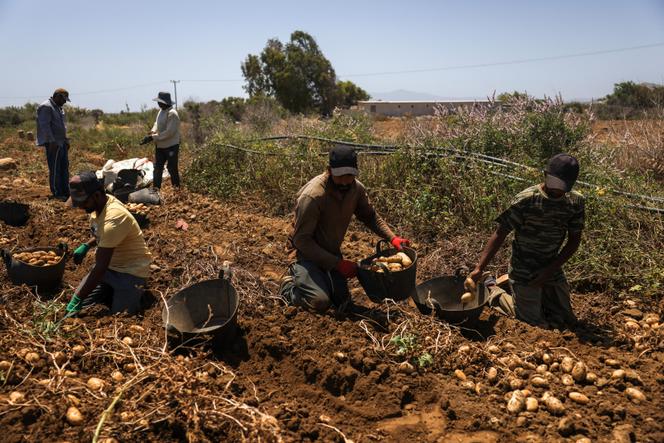


"The world of work now resembles nothing more than a jungle." A few days ago, Syriza (left-wing, opposition) MP Giorgos Gavrilos expressed his indignation before the Greek Parliament, listing the measures taken by the conservative government currently in power: longer working hours, weakening of the labor inspectorate, criminalization of union actions... "A negative, anarchic and arbitrary environment has been created for the worker," he said.
The particular object of his anger was the July 1 entry into force of a law that allows companies that operate continuously (i.e., providing services 24 hours a day, seven days a week) or that declare a certain "workload" (which they will have to prove to the labor inspectorate in the event of an inspection) to make their employees work for 48 hours a week over six days – or by working two hours overtime on their five work days. The employee will receive a 40% wage increase for the sixth day. If this falls on a Sunday or a public holiday, the increase will rise to 115%.
In an interview with CNN on July 13, Prime Minister Kyriakos Mitsotakis nevertheless insisted, "Greece is not introducing a six-day work week (...). This is only applied in exceptional circumstances, in a very small minority of companies."
According to Mitsotakis, the increase in legal working hours is necessary in certain cases due to the shrinking Greek population and the shortage of skilled workers. He points out that over 500,000 Greeks, most of them young graduates, have emigrated since the economic crisis in 2010. The government also asserts that this would help combat undeclared work, as many employees already hold two jobs or work overtime to get by – but, until now, they couldn't officially declare this extra work, as the limit was 11 hours a day and 48 hours a week.
In the tourism and catering sectors, a sixth working day is already provided for and regulated by a collective agreement. Tilemachos Pappas, a 30-year-old waiter on an island that is a tourist hotspot, already works six days a week from May to October. "I want to stop," he says, "because the working conditions are awful. I think that this measure will just make more young people flee abroad. People don't leave just because wages are better elsewhere in Europe, but also because of these abuses on the part of employers."
Since July 1, the six-day week can now, in theory, be introduced in food, pharmaceutical, and printing factories. But "resistance is strong, and few companies have adopted it," said Manolis Karadousas, the head of the Greek Food and Beverage Workers' Union. "We protested in front of the Ministry of Labor and threatened to strike if they insisted on imposing this sixth work day on employees."
You have 42.4% of this article left to read. The rest is for subscribers only.
